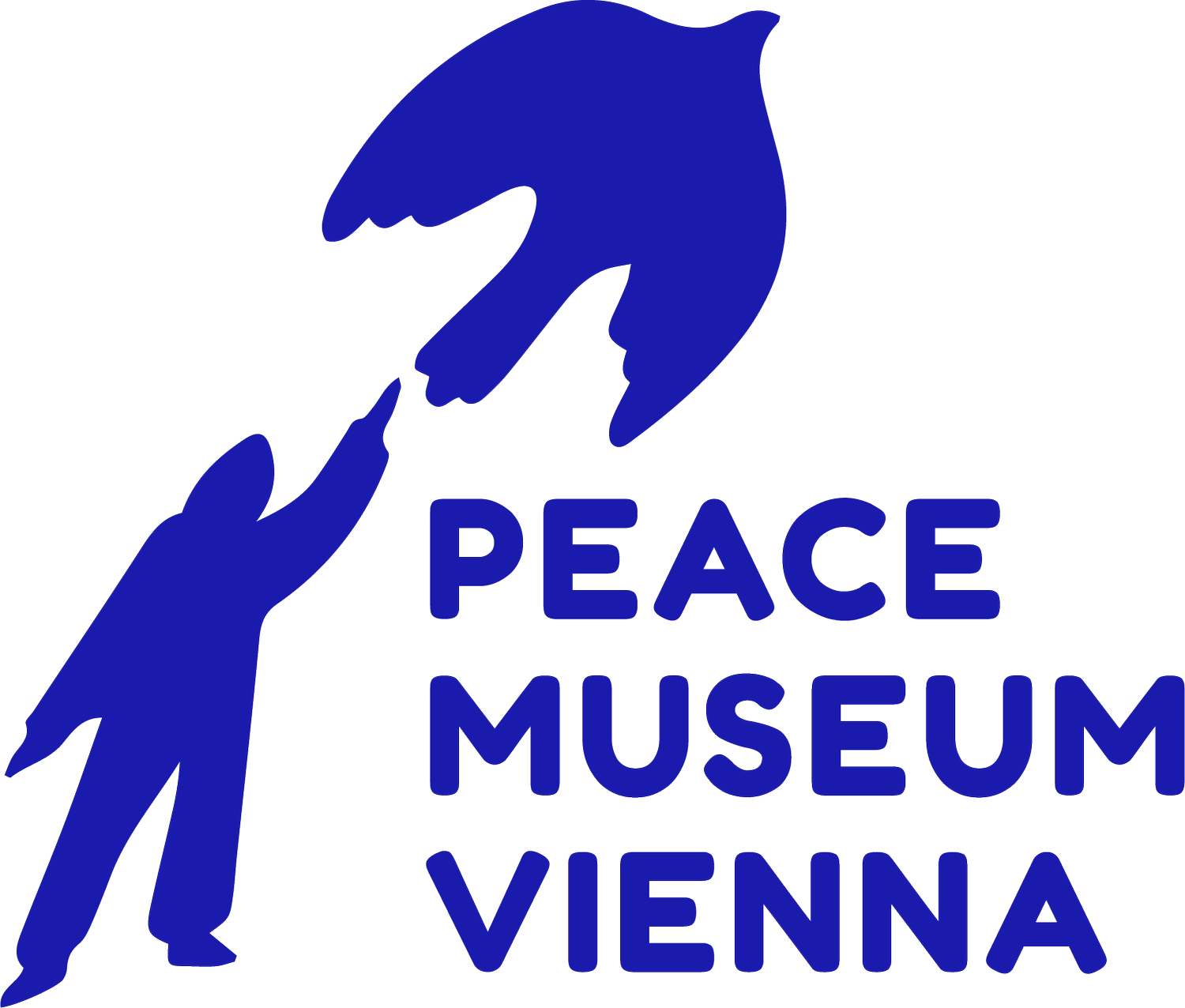Ayşe Gökdemir
Nazim Hikmet Ran was a Turkish poet, co-founder of Peace Lovers Community and International Peace Prize laureate. He is considered to be the first modern Turkish poet and he is recognized as one of the greatest international poets of the twentieth century around the world.
Hikmet was born in Thessaloniki, Greece (Former Ottoman Empire) in 1902, grew up in Anatolia and died of heart attack in Moscow in 1963. He studied economics and political sciences at Moscow University. Although his poems have been translated into 40 languages in the world, they were banned in his own country and in his native language.
Most of Nazim Hikmet’s poems have been written whether in prison or exile. Due to his critical poems and thoughts, he was brought to court eleven times. In 1952, he was denaturalized from Turkish citizenship. In 2009, forty-six years after his death, the decision was canceled by the Council of Ministers.
In 1950, Nazim Hikmet cofounded the Peace Lovers Community, later changed to Organization for Peace (Barış Derneği), with his friends. Through the organization he campaigned against developing nuclear weapons during the cold war and tried to mediate between the two neighbor countries of Turkey and Greece to reduce tensions. Hikmet joined to World Peace Congress in Vienna two times.
In 1952, he was awarded the International Peace Prize in Prague. He contributed to the World Peace Council working for world peace, disarmament, human rights and social justice. His famous poems of "Japanese Fisherman " and "Girl Child" are symbols of peace, which were composed by world-famous singers such as Paul Robeson and Pete Seeger.
In 1991, his family and friends founded the ‘Nazim Hikmet Culture and Arts Foundation’ in honor of Hikmet. Later, the foundation established the “International Nazim Hikmet Poetry Award’. In 2002, UNESCO celebrated Nazim Hikmet's 100th birthday as the year of Nazim Hikmet.

